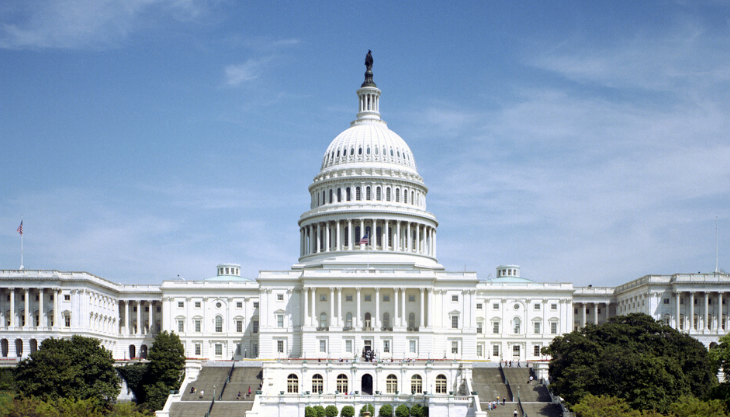Passed on March 27, the Coronavirus Aid, Relief, and Economic Security Act, or CARES Act, is the largest federal government investment to date in the fight against COVID-19. It includes new financial relief programs to help individuals and businesses, along with changes to medical regulations. As such, it has massive ramifications for small medical providers.
An Emergency Fund for Medical Practices
To help the medical industry, the CARES Act earmarked $100 billion for the Public Health and Social Services Emergency Fund.
The fund is controlled by the Department of Health and Human Services (HHS), who are empowered to reimburse providers for expenses and lost revenue connected to COVID-19. While there is an indication in the Act that providers will be able to directly apply for funds with HHS, the agency has yet to set up an avenue to do so.
Instead, the first major release of aid is $30 billion dispersed to providers enrolled in Medicare. The amount for each provider is based on their share of 2019 Medicare fee-for-service reimbursements and started rolling out April 10. All of the details for the payment, including how it will be processed, are available in the HHS statement about the release.
Loans and Grants for Small Businesses
Much more in the direct control of providers are the resources set up to help all small businesses. There are two main programs, conducted through the Small Business Administration (SBA), targeting businesses with fewer than 500 workers.
The Paycheck Protection Program encompasses loans that will cover $10 million, or up to eight weeks, of payroll for a business, plus additional expenses like rent and utilities. While there are limits and percentage stipulations, the SBA has waived many of its usual loan requirements, and the program looks to incentivize keeping workers employed. Any business that keeps its full staff on throughout the eight weeks will have the entire loan forgiven.
A business has to apply for a Paycheck Protection loan through a bank or another eligible lender, but the SBA has a tool to help you find one Click Here. Currently, the program is available through June 30.
The Economic Injury Disaster Loan (EIDL), on the other hand, is a loan directly from the SBA. Usually offering $2 million low-interest loans for any business affected by a disaster, the EIDL now also includes an Emergency Advance. Businesses can request $10,000, and not only does the SBA claim it will be available within days of a successful application, but the full advance also doesn’t have to be repaid.
For further details on both programs, the SBA has set up a Coronavirus Relief Options help page.
Health Insurance Coverage for Testing
The rest of the major effects of the CARES Act largely touch on how medical practices will conduct business through the rest of this crisis. Most notably it requires all insurance providers to fully cover diagnostic testing and preventative measures connected to COVID-19.
To ensure a fair exchange, all test providers must list the prices of those tests on a public website, or face a fine of up to $300 per day. The American Society of Health-Care Pharmacists (ASHP) created an in-depth overview of these insurance changes, and full details are available on their website.
Medicare and Medicaid Adjustments
Finally, the CARES Act also took aim at the regulations, finances, and operations of Medicare and Medicaid. Along with directly expanding Medicare’s coverage of Telehealth options, numerous adjustments are meant to help practices during this time of need.
The Medicare Sequester, the annual 2% reduction in funding to all providers, has been postponed through the end of the year. Likewise, the new law eliminates $4 billion in scheduled cuts to Medicaid Disproportionate Share Hospital (DSH) payments for this year and reduces the planned cuts for next year from $8 billion to $4 billion. That comes on top of preventing scheduled cuts to laboratory testing payments and payments connected to durable medical equipment.
Providing immediate support to providers, Medicare is also adding a 20% increase for Inpatient Prospective Payment System (IPPS) payments to practices treating COVID-19 patients.
Chapman and Cutler, a law firm specializing in business finance, dissected the new law and its effects, explaining their detailed findings in a post on their website. For additional efforts surrounding Medicare and Medicaid, you can also see the latest updates on the CMS news page.
-1.png?width=300&height=58&name=Meditab%20Logo%20(Primary)-1.png)
